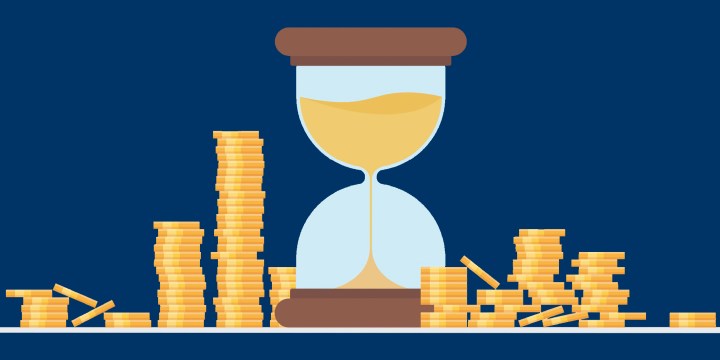THE FINANCIAL WELLNESS COACH
Think carefully about your retirement annuity products

When it comes to retirement income, it is important to consider your after-tax income.
Question
Many companies are promoting retirement annuities. I understand that there are tax benefits to be had from this product. However, I have also heard some horror stories about how badly they have performed as investments. Are they worth considering?
Answer
Retirement annuities (RAs) have rightly received bad press in the past. The old-generation RAs had a very limited investment portfolio choice, were inflexible regarding term and paid large commissions up front. This resulted in many getting really poor returns.
It is important, therefore, that you choose a new-generation product where there is no upfront commission paid.
As with any investment, RAs have their pros and cons. On the positive side:
You get a tax break on the premiums that you pay. This means that the government effectively subsidises your premium by your marginal tax rate.
The tax breaks apply to 27.5% of your taxable income up to a maximum of R350,000. For example, if your tax rate is 30%, a R1,000 investment in an RA will result in you getting a tax rebate of R300. This is a fantastic return.
The growth inside the fund is tax-free. This is like having another tax-free investment except there is no R36,000-a-year limitation.
There are some negatives to an RA:
You cannot easily access the funds before you turn 55. This is probably a good thing as the investment is designed to provide you with a retirement income.
There are restrictions as to how much of the investment may be invested offshore and in equities.
When you retire, you must use at least two-thirds of the investment to provide you with an annuity. This restriction also applies to pension funds. This annuity will be taxed as income.
Insider tip
When it comes to retirement income, it is important to consider your after-tax income.
If your retirement income comes from a bank deposit, pension fund or RA, this will be taxed according to the income tax tables.
If, however, you have other savings in a discretionary investment portfolio, any withdrawal that you make from that portfolio will be taxed as a capital gain. Capital gains tax is only 40% of your marginal tax rate. So if your tax rate is 30%, your capital gains tax rate would be 12%.
This is an important consideration when you are looking to take a lump sum from your retirement fund. It may make sense to take a large lump sum when you retire and use this to give you a tax-efficient income.
This does not mean you must take your full third as a lump sum. The tax on retirement lump sums increases on a sliding scale. There is a point where it will not make sense to take a bigger lump sum. It is important that you speak to a knowledgeable financial planner who can help you find the sweet spot.
Kenny Meiring is an independent financial adviser. Contact him on 082 856 0348 or at financialwellnesscoach.co.za. Send your questions to [email protected].
This story first appeared in our weekly Daily Maverick 168 newspaper, which is available countrywide for R29.

















 Become an Insider
Become an Insider
Comments - Please login in order to comment.